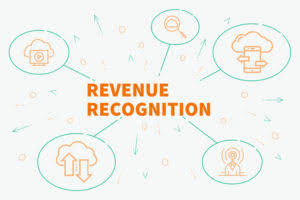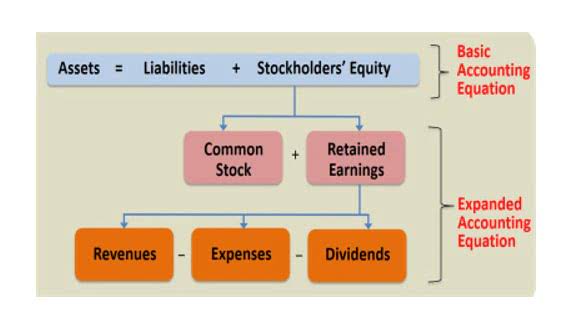
Likewise, they facilitate a multitude of Accounting for Churches transactions without effort from the sender or recipient. EFT payments are processed on a designated money network, most commonly the Automated Clearing House (ACH). This is the money transfer system that connects every financial institution in the US to one another, from large banks to small credit unions. A wire transfer is a simple bank-to-bank fund transfer often used to send large amounts either internationally or locally. Transactions can be processed within the day or up to a few days, depending on the sending and receiving banks’ policies, such as cut-off times and location.
Improved Security
The transaction typically works by debiting one account and crediting the other, though there are several different variations on how the process occurs (more on that below). With many people using eChecks, it might be time for small businesses to look to ACH payments as a payment solution. Electronic payments offer an easy payment solution that allow businesses to take payments quickly and securely. Electronic Funds Transfer (EFT) payments are an alternative payment solution that allow businesses to take payments quickly and securely.
What Is the Meaning of EFT (Electronic Funds Transfer)?

They use your bank account and routing number to transfer money to the recipient. If you’re a business, then accepting check payments online means you don’t have to wait for a check to arrive in the mail or go through the hassle of depositing it. EFTs can be used to withdraw cash, pay bills, send money to a friend or family member, receive payment from an employer, or make a purchase using a debit or credit card. An EFT transfer can take anywhere from a few seconds to a ledger account few days to process. Checkout.com can help your business accept more payment methods, including EFT methods such as ACH in the US and SEPA in Europe. Electronic fund transfer has revolutionized the way we handle financial transactions, offering utmost convenience, accessibility, security, and cost-effectiveness.
Types of EFT Payments: –

An electronic funds transfer (EFT) is the process of moving money from one bank account to another using computer-based technology. An EFT is an electronic transfer of money from one bank account to another, meaning there is electronic funds transfer no need for direct intervention by bank staff. EFT payments can be carried out between any two accounts, whether they’re based at the same financial institution or not. An ACH (Automatic Clearing House) transfer is a specific type of EFT activity.

Domestic wire transfers

Generally speaking, money transfers are faster using a wire transfer than an ACH payment. International ACH electronic payments may be loosely called global ACH payments if they use a similar network to the ACH network to make electronic payments. In the European Union (EU), electronic SEPA (Single Area Euro Payments) using debit and credit transfers are a type of global ACH payment that are EFT payments. As traditional paper processes become digitized, computerized systems like EFT transactions will continue to grow and evolve. Activities such as utility bill payments have traditionally been paper-intensive, requiring physical statements, invoices, checks, and receipts. These processes now primarily take place over digital networks as ACH transactions.
- These might include recurring payments to a vendor or supplier, or one-time payments to a contractor or freelancer.
- Some pay-by-phone systems use interactive voice response, or IVR, to guide customers through the process.
- The individual or business sending funds provides authorization to the financial institution.
- Let’s dive into three popular EFT payment providers and weigh their pros and cons.
- EFT payments and ACH transfers are often used interchangeably, but there are some key differences to note.
- The money automatically shows up on payday without you ever cashing a check or visiting a bank branch location.
These payments, which are processed electronically by a service provider based on phone instructions, are considered electronic funds transfers (EFTs). Cash transactions on-premises paid using paper and coin currency like dollar bills and quarters are not considered EFT. ACH payments are typically used for direct payments like payroll direct deposits and recurring payments you make each month to companies for your utilities and rent. Unlike debit and credit card EFT transactions that happen in real time, ACH payments are processed in batches each day and can take one to four days to complete. Larger banks can often process ACH payments faster than smaller banks. Credit and debit card transactions are electronic transfers processed by a credit card network.
The sender may be solely held responsible for losses if the incorrect email or number is entered and money is mistakenly sent to the wrong person. This is a process that converts paper checks into electronic payments. It works because a digital check gets generated after being authorized by the person making the payment or purchase. This can be done in a store or after a company receives your check by mail. With electronic checks (or Echecks), you can make a payment with your checking account without paper checks. Instead, you can provide your routing and account numbers to a business and authorize a payment from your bank account.